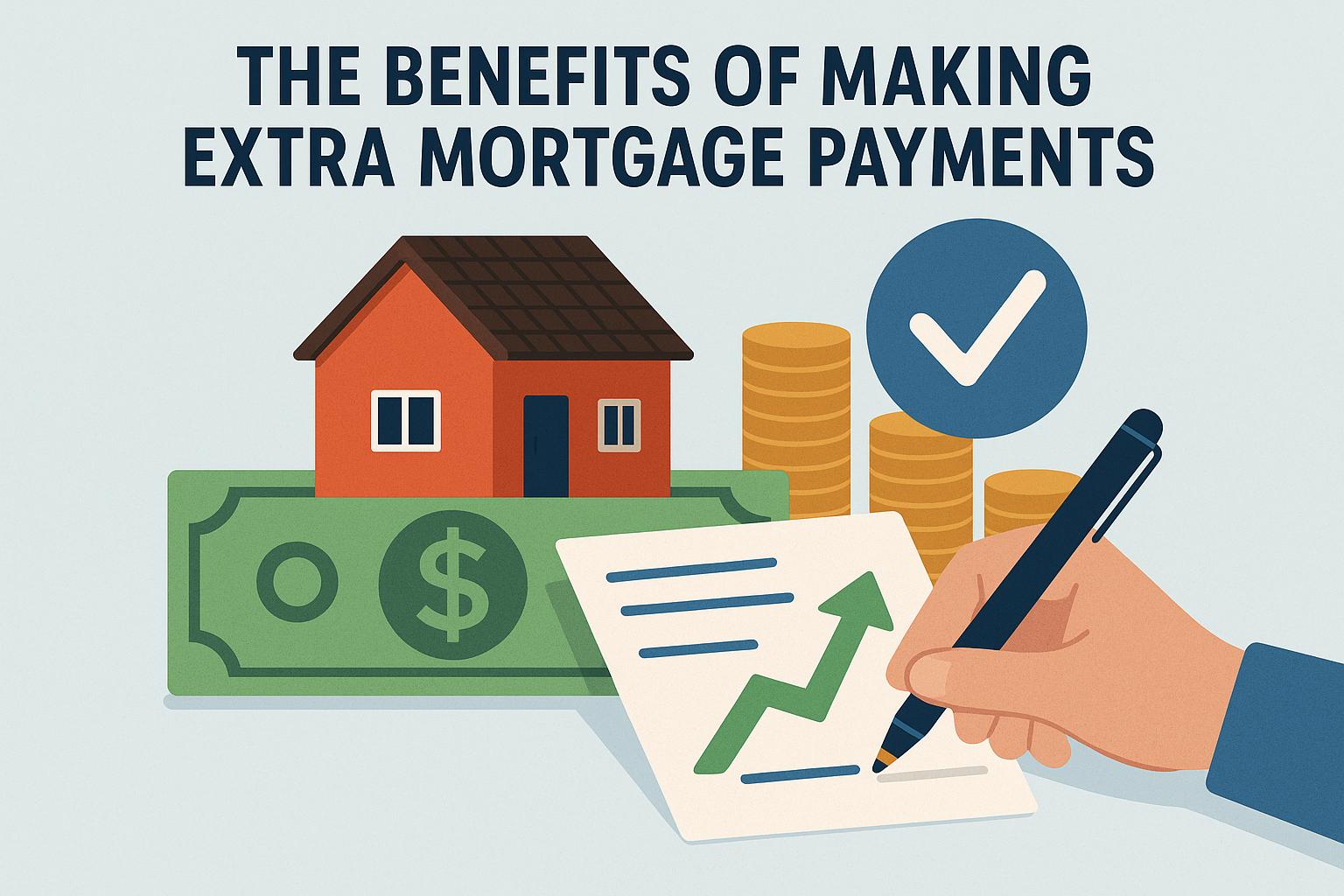
Many homeowners consider their mortgage as a long-term financial commitment, typically spanning 15 to 30 years. However, making extra mortgage payments can significantly impact the duration and total cost of the loan. This article explores the advantages of paying more than the scheduled amount.
One of the most immediate benefits of making extra mortgage payments is the reduction in interest costs over the life of the loan. A mortgage is structured so that initial payments largely cover interest, leaving the principal amount unaffected for a considerable duration. Therefore, any additional payment made directly impacts the principal, effectively reducing the total amount of interest paid over the life of the loan. By paying down the principal balance more quickly, borrowers can decrease the amount of interest that accrues. This savings can potentially amount to thousands of dollars.
Extra payments can effectively shorten the term of your mortgage. For example, making an additional payment each year could reduce a 30-year mortgage to about 25 years. This acceleration allows homeowners to become debt-free sooner, which can open opportunities for other investments or expenses. Shortening the loan term provides more than just a quicker path to debt freedom; it can also lower the overall stress associated with carrying long-term debt. The peace of mind that comes from reducing the burden of a large financial obligation can be invaluable, allowing homeowners to focus on other financial goals, such as saving for retirement or funding educational pursuits.
Making extra payments increases your equity in the property. Home equity is the difference between the market value of your home and the remaining balance on the mortgage. Building equity more quickly can be advantageous if you decide to refinance or sell the property, as you’ll have more value in your home. In addition to these scenarios, increased equity can also be a financial resource, allowing homeowners to access funds through home equity loans or lines of credit. These financial products can offer lower interest rates compared to other loan types, providing affordable access to capital for major expenses, such as home improvement projects or unexpected medical bills.
Paying down your mortgage can lead to improved financial security. Reducing the loan balance not only lowers the risk of negative equity but also enhances your financial flexibility. This stability can be particularly important during economic downturns or personal financial challenges. Having a reduced mortgage balance might enable a faster recovery during times of economic difficulty, as less of your income is tied up in monthly payments. Additionally, improved financial security can allow for a greater margin of safety in budgeting, offering more ease and reliability in covering necessary living expenses while pursuing personal or professional ambitions.
While the primary benefit of making extra mortgage payments is reduced interest costs, homeowners should also consider potential tax impacts. Depending on your individual situation, paying off a mortgage early may result in a decrease in available mortgage interest deductions. While the tax code allows for interest payment deductions on mortgages, reducing the total interest paid will subsequently reduce the deduction, potentially changing the amount of tax benefits homeowners can claim. It’s recommended to consult with a tax professional for advice tailored to your specific circumstances. They can provide clarity on how additional payments might impact your overall tax responsibilities, helping ensure you’re maximizing your financial decisions strategically.
For more detailed information on how extra payments can impact your specific mortgage, consider using an online mortgage calculator or speaking with a financial advisor. These resources offer personalized insight into how even slight increases in monthly payments can significantly alter the loan’s lifecycle and costs.
While the prospect of making extra payments might seem daunting, the long-term benefits typically outweigh the initial financial effort. Homeowners should assess their financial capabilities and consider integrating extra mortgage payments into their budget. By doing so, they can enjoy a multitude of benefits ranging from cost savings and shorter loan terms to the peace of mind that comes with enhanced financial security. Thoughtful consideration and planning can transform the typical perception of mortgages as a burden into a less worrisome aspect of homeownership, potentially accelerating the achievement of future financial and personal goals.
This article was last updated on: November 6, 2025